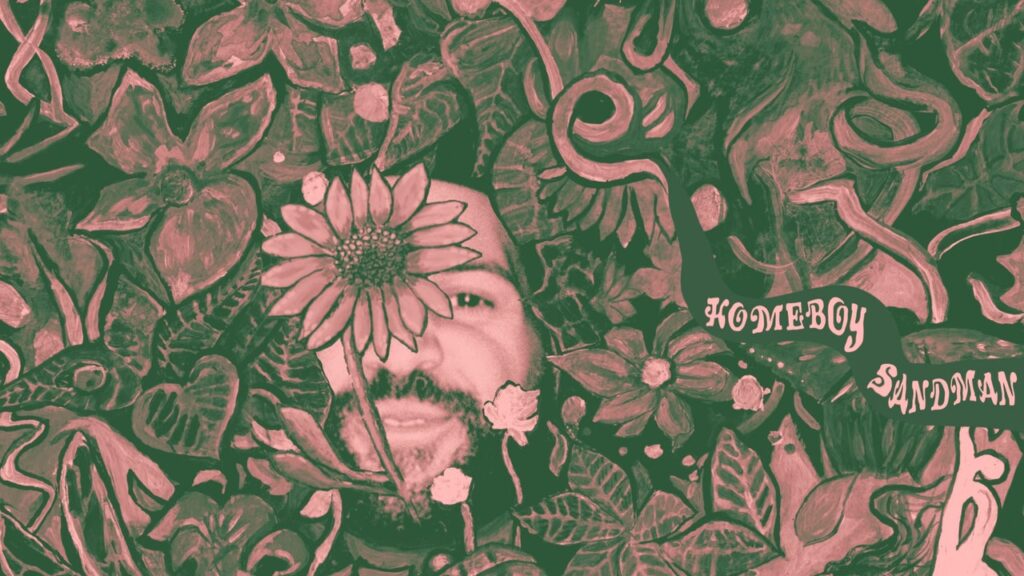
Homeboy Sandman raps like no one is listening. After more than 15 years in the industry, the dependable Queens emcee has arrived at a songwriting practice that sounds more like journaling than performing for an audience. He’s issued a steady stream of EPs and albums over the last few years, all of them seemingly low stakes, though their quality has been consistent. At the turn of the millennium, Sandman’s rapping could sound a little labored, but in the years since, he’s aged gracefully in the game. He sounds content, grounded, and at peace with his place in the rap landscape—a wise voice in a young person’s genre.
Rich is an album-length collaboration with New York producer Mono En Stereo, known for his work with Prodigy, De La Soul, and Action Bronson. His beats fit Sandman like a glove. The production is summery, largely mid-tempo, and sample-based, lending a timeless quality to the songs. This languid pace works well for Sandman, who these days seems more focused on weaving yarns than dazzling with technique. His bars are elegant in their simplicity and his writing is diaristic and relatable; observations about the mundane are punctuated by occasional musings on the profound. He comes across like an everyman sage, someone searching for enlightenment in the big questions as well as the smallest of actions.
The aptly titled “Off the Rip” provides a representative sample: Over a shuffling, brushed snare beat and a wandering organ line, Sandman prods the corners of his mind at an unhurried pace. He gives himself a mini pep talk as the song starts, insists that doing dishes by hand “is the best way,” expresses an interest in opening a wildlife refuge, and maintains that he is trying to bring his listeners closer to God. It may not be a freestyle in the formal sense, but Sandman’s precise, on-beat rapping unspools with stream-of-consciousness effortlessness.
Only a handful of songs shake the album out of its resting pace, but they tend to be highlights. “Then We Broke Up” uses a funk loop as a springboard for a wholesome and unusually mature breakup anthem. There’s no hurt or resentment here, just the warm glow of cherished memories and the knowledge that even good things come to an end. “Bop” flips a flute-heavy sample into a jerky, chirpy beat, over which Sandman boasts about his mic skills. The instrumental for album closer “Who Are You?” is made of little more than rolling drum fills and stray piano notes; as Sandman calmly navigates the waves, he telegraphs an unshakeable confidence.
In an era where rap albums routinely run 90 minutes or longer and sound engineered for stadiums and strip clubs, Rich is a breath of fresh air. The album clocks in at under 27 minutes, none of the breezy songs overstay their welcome, and Sandman sounds more conversational than performative. There are no guests or conceptual aspirations, just beats and bars. This is rap music for lazy Sundays, backyard cookouts, and aimless drives. There may not be much to distinguish Rich from Sandman’s seemingly endless stream of recent releases, and the banal subject matter—like groceries and grocery shopping, a recurring motif—can sometimes feel a bit on the nose. But Sandman seems to have chosen a niche to fill, and he’s clearly focused on consistency over novelty. When it comes to underground rap veterans who have remained both prolific and reliable, Homeboy Sandman doesn’t have much in the way of competition.
